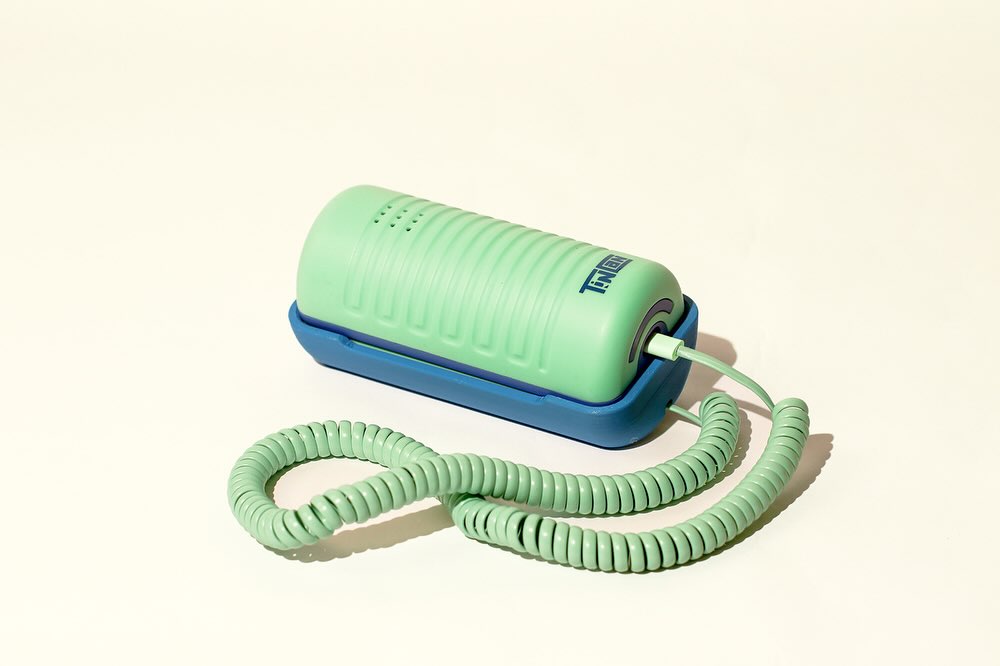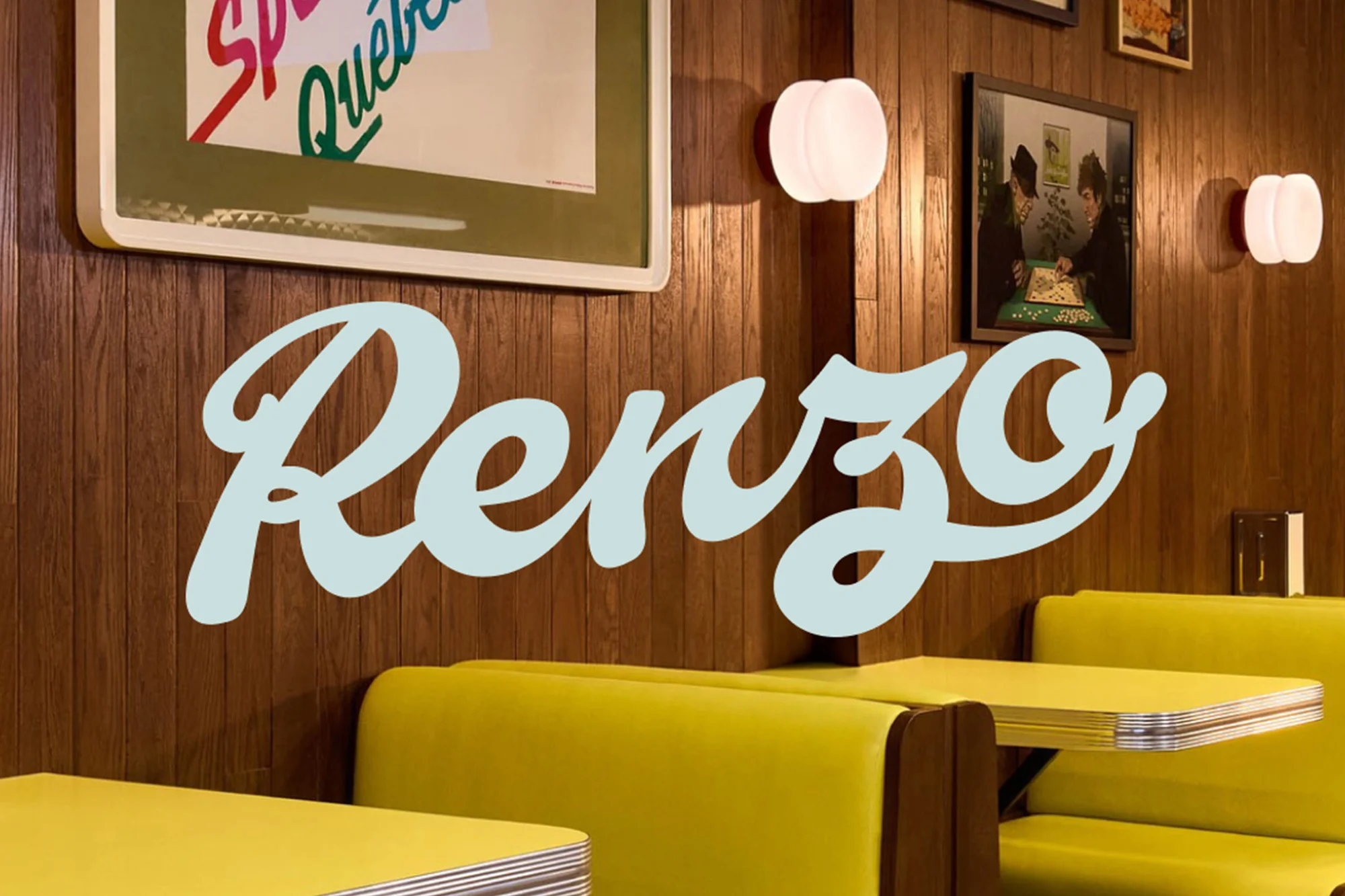In this week’s Our Take: kids pick up on landlines, adults pick up on kids’ toys, there’s a new buzz about solar panels and a retro vibe for a designer’s deli.
KIDS PICK UP ON LANDLINEs

Every brand starts with a question. For Tin Can for Kids, it was deceptively simple: what if there was a phone for children that wasn’t built to be addictive? Tin Can set out to bring back good old screenless connection, designed to appeal to both kids and their parents.
The result is a playful, modern twist on the most primitive tech: the tin can telephone. Wrapped in a charming vintage-style aesthetic, each device looks like a classic toy but functions for today’s kids. Behind the whimsy is a serious philosophy: “Technology for kids doesn’t need to be addictive to be useful… And yes, a phone should still be allowed to just be a phone”. Parents control the contact circle through a companion app, ensuring only approved contacts can reach their child. Within that safe club, Tin Cans call each other for free.
It’s a reminder that a phone doesn’t have to mean screens, apps, games or videos. For today’s children, the idea of simply picking up a device and having a good old-fashioned chat might feel new. With its retro design and thoughtful simplicity, Tin Can is proving that sometimes the simple things are what matter.
the rise of the KIDULTS

There was a time when toys were for kids. But now? Adults are flooding the toy aisle, plushies in hand and wallets wide open. Welcome to kidulting – the hot trend of grown-ups investing in play, nostalgia and anything that makes adulthood feel less like a tax return.
The numbers prove it isn’t just a quirky niche. Adults account for nearly a third of toy sales worldwide. Kidult spending in Europe hit over €4 billion last year, while in the U.S. 61% of adults are gamers.
Why the craze? It’s about fandom, nostalgia and reconnecting with imagination. Life can be expensive, milestones are delayed and global anxiety is on the rise, so adults are reaching for small comforts from simpler times. And fun. Cultural validation has only elevated the trend, whether it’s Henry Cavill painting miniatures or Lisa from Blackpink cuddling Labubu. Collecting Pokémon cards or building Lego suddenly feels a bit chic.
And brands are all over it. McDonald’s dishes out Adult Happy Meals and Pop Mart turns stores into toy wonderlands. Classic toy brands like Lego have whole ranges targeted at adults. But be warned: their Millennium Falcon will cost you €850.
Too much? We say go for it. What’s the point in being an adult if you can’t spoil your inner child?
A FRESH BUZZ ABOUT SOLAR FARMS

It’s called the Insect Apocalypse. Climate change, habitat loss and pesticides have devastated insect populations – with brutal knock-on effects. Since the 1970s, North America has lost nearly three billion birds.
But there’s a fresh buzz about. New studies from Germany show large solar farms teeming with bug-eating birds such as skylarks, wagtails and wheatears. Why? The land is also used for sheep grazing, which leads to natural grass and wildflowers replacing monoculture crops and pesticides. These sites are alive with pollinators.
A cornfield might look natural, but in one way it’s a biological desert, designed to keep insects out. A solar meadow looks industrial, but it’s actually an engine of biodiversity.
It seems we may have struck something better than oil: an energy technology that doesn’t just reduce harm to the environment – it can actually help it heal.
Bill McKibben’s article is worth checking out if you’re looking for more info.
Designer deli goes retro

Justin Daoust, the creative director of Nouvelle Idée, hired himself to design his own sandwich deli just a few steps from their Montreal studio. The self-initiated brief was to create a sandwich shop for the community – one that felt like it could have always existed.
The result is a brand and shop inspired by the typographic styles of the ’60s and ’70s, a colour palette drawn from Quebec’s hockey teams, and the interiors of a ’70s diner. It’s a time machine of sorts.
For the agency, the project blurred the line between side hustle and case study, proving their vision and craft in the real world. And it showed how consumers increasingly value spaces that feel authentic, rooted in history even if they’re brand new.
Renzo is a reminder: the best brand-building doesn’t just happen in decks, it happens when you put it on the street, with mustard.